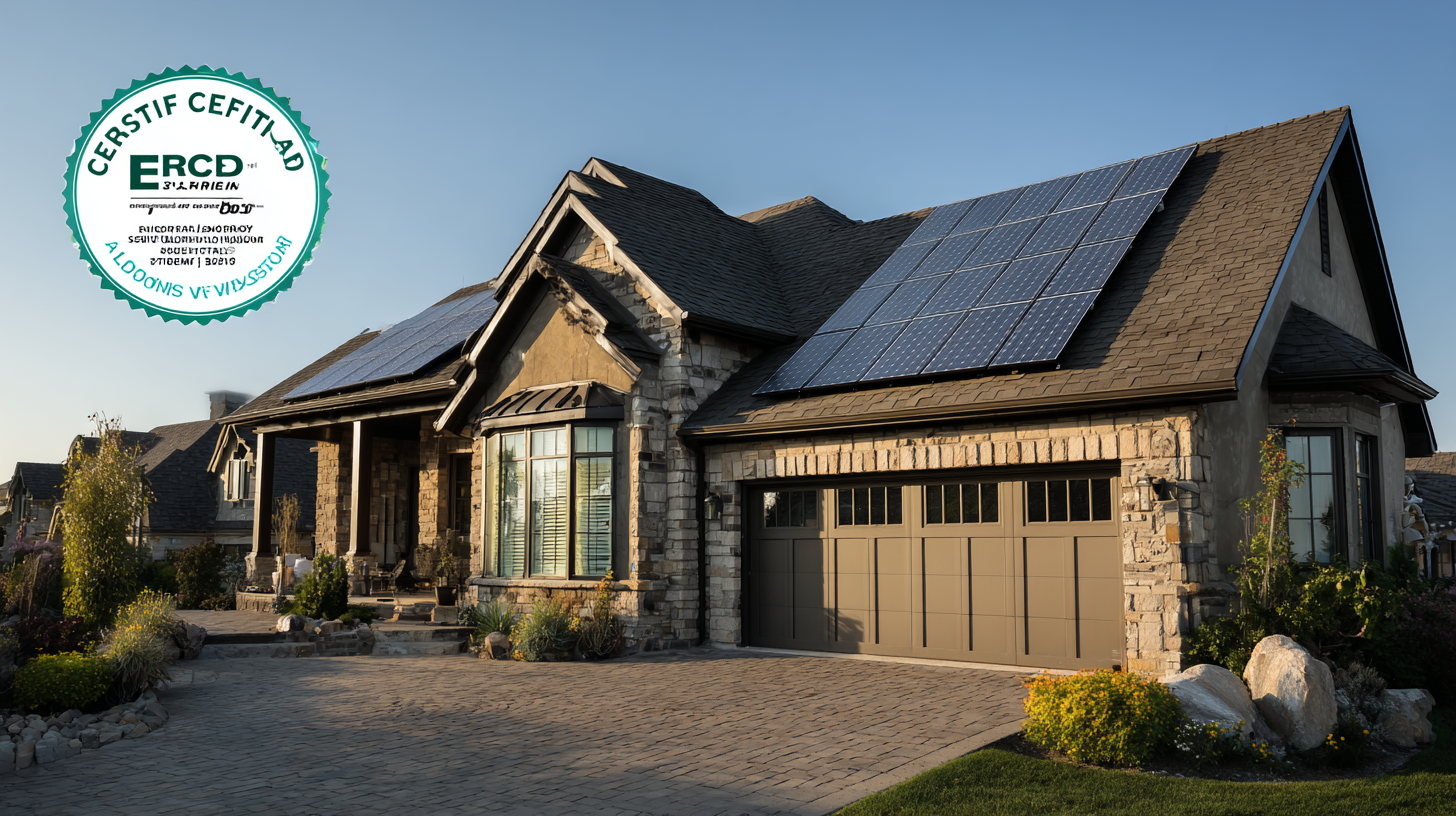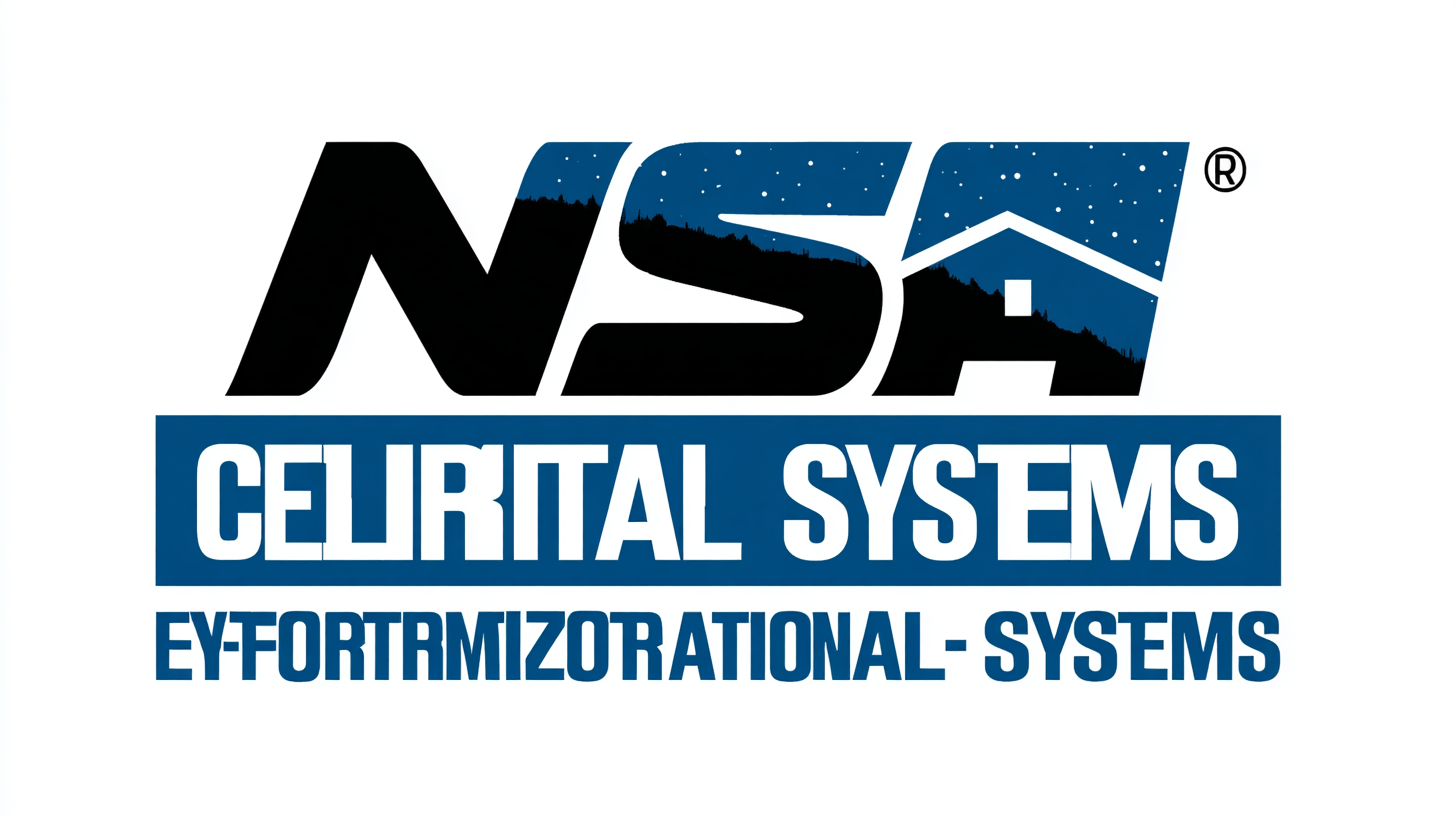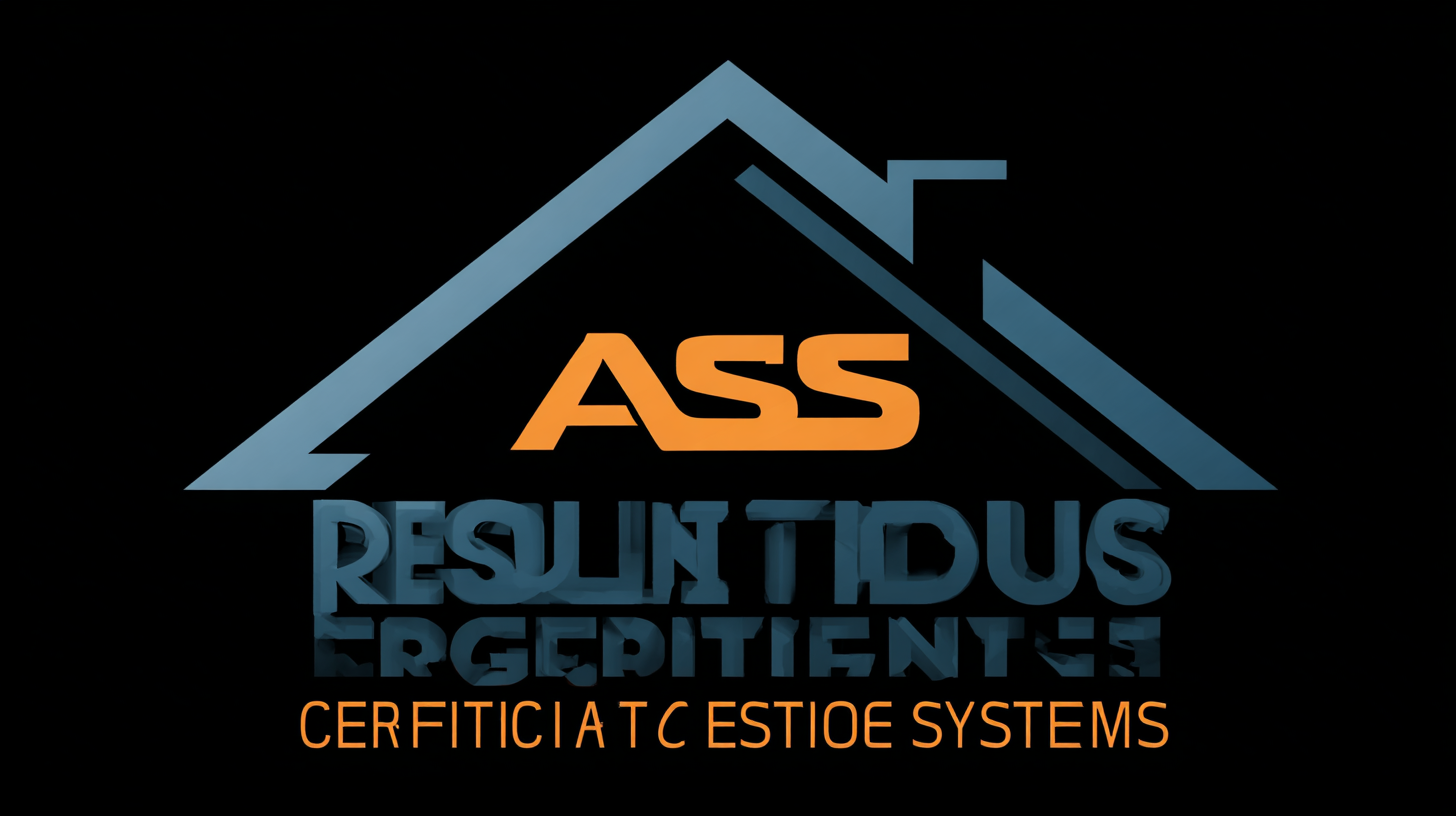Blog
- Home
- Blog
How to Navigate Export Certifications for the Best Residential Solar Systems: A Comprehensive Guide
As the demand for sustainable energy solutions continues to rise, Residential Solar Systems have become increasingly popular among homeowners seeking to reduce their carbon footprint and energy costs. According to the latest report by the Solar Energy Industries Association (SEIA), residential solar installations grew by over 19% in 2022, highlighting a significant shift toward renewable energy sources.

However, navigating the various export certifications and regulations can be a complex process for consumers and installers alike. With numerous standards to comply with, understanding the certification landscape is crucial for ensuring the quality and reliability of solar systems. This comprehensive guide aims to demystify the complexities of export certifications for Residential Solar Systems, providing insights that will not only help consumers make informed decisions but also empower industry professionals in delivering top-tier solar solutions.
Understanding Export Certifications: What You Need to Know for Solar Systems
When it comes to installing residential solar systems, understanding export certifications is crucial. These certifications not only ensure that the solar products meet specific quality standards but also guarantee that they comply with regulatory requirements essential for safety and performance. Different regions have varied certification processes, which can affect both the installation and the financial incentives available to homeowners. Familiarizing yourself with these certifications can help you make informed decisions and maximize the benefits of your solar investment.
Additionally, export certifications can influence the reliability and longevity of your solar system. Products that carry reputable certifications indicate they have undergone rigorous testing for efficiency and durability. This can be particularly important when navigating warranties or seeking maintenance support. Homeowners are encouraged to seek out systems that meet international standards, as these are likely to provide a higher return on investment and better overall performance. As you explore options for your solar installation, prioritizing certified products is an essential step to ensure a successful and sustainable energy transition.
Key Industry Applications of Certified Residential Solar Products
 When selecting certified residential solar products, understanding key industry applications is crucial for maximizing efficiency and ensuring compliance with regulations. According to the Solar Energy Industries Association (SEIA), the U.S. residential solar market installed over 4.2 gigawatts (GW) of solar capacity in 2021, reflecting a 34% year-over-year increase. This surge is largely driven by advancements in solar technology that have made certified products more reliable and effective. With certifications such as UL 1703 and IEC 61215, consumers can be confident that the installations meet stringent safety and performance criteria, ultimately providing better long-term value and energy savings.
When selecting certified residential solar products, understanding key industry applications is crucial for maximizing efficiency and ensuring compliance with regulations. According to the Solar Energy Industries Association (SEIA), the U.S. residential solar market installed over 4.2 gigawatts (GW) of solar capacity in 2021, reflecting a 34% year-over-year increase. This surge is largely driven by advancements in solar technology that have made certified products more reliable and effective. With certifications such as UL 1703 and IEC 61215, consumers can be confident that the installations meet stringent safety and performance criteria, ultimately providing better long-term value and energy savings.
Beyond individual home installations, certified solar products play a significant role in community solar projects and energy resilience initiatives. A report from the Department of Energy indicates that by 2023, community solar capacity is expected to reach 3.4 GW, benefiting households across various income levels. Such systems often rely on certified panels and inverters to ensure optimal performance and protection for participants. Furthermore, as grid interconnection standards evolve, the importance of certified products in maintaining system reliability and safety cannot be overstated, making it imperative for consumers to choose solar technologies that uphold rigorous certification standards within the industry.
Step-by-Step Guide to Obtaining Export Certifications for Solar Systems
Navigating the labyrinth of export certifications for residential solar systems can be daunting, yet crucial for ensuring compliance and access to international markets. The first step in this journey is identifying the relevant certifications required for your specific system. According to the Solar Energy Industries Association (SEIA), certifications like UL 1703 for module safety and IEC 61215 for performance are commonly recognized. These certifications not only ensure safety and reliability but also enhance consumer confidence, as systems with proper certifications are often favored in competitive markets.

Next, assembling the necessary documentation is imperative. This includes product specifications, test reports, and manufacturing details, which must adhere to the standards of each certification body. Reports from the National Renewable Energy Laboratory (NREL) indicate that staying organized and thoroughly understanding the requirements can significantly expedite the certification process, reducing time-to-market by up to 30%. Additionally, collaborating with accredited testing laboratories and certification agencies is vital. Their expertise can guide you through the nuances of each certification, making the process smoother and more efficient, ultimately leading to successful export opportunities in the growing global solar market.
Navigating Regulatory Standards: Compliance for Solar Energy Export
Navigating the regulatory landscape for solar energy export can be daunting, but understanding compliance standards is essential for ensuring the success of residential solar systems. According to a report by the Solar Energy Industries Association (SEIA), the U.S. solar market saw a staggering 167% growth in residential installations between 2019 and 2021, underscoring the increasing demand for certified and compliant systems. These regulations not only safeguard consumer interests but also enhance the credibility of solar installers in a competitive market.
When seeking certifications, it’s pivotal to familiarize yourself with the relevant regulatory standards such as the National Electrical Code (NEC) and Underwriters Laboratories (UL) certifications. These guidelines ensure that your solar system meets safety and performance benchmarks. **Tip:** Always verify that your selected equipment carries the NEC and UL marks before installation.
Further, it is crucial to stay informed about state-specific regulations, which can vary widely. These regulations might influence incentives and rebates, significantly impacting project costs and feasibility. **Tip:** Utilize resources such as state energy offices or local solar advocacy groups to keep abreast of changes. Compliance not only facilitates smoother installations but also helps in claiming various available incentives effectively.
Export Certifications for Residential Solar Systems
Benefits of Choosing Certified Solar Products for Homeowners and Installers
Choosing certified solar products can significantly benefit both homeowners and installers, enhancing the reliability and performance of residential solar systems. According to the National Renewable Energy Laboratory (NREL), certified solar panels can increase energy production efficiency by up to 15% compared to non-certified options. This efficiency translates into lower energy bills for homeowners and a quicker return on investment, reinforcing the importance of selecting products that meet rigorous certification standards.
For installers, working with certified solar products enhances their reputation and fosters customer trust. A report by the Solar Foundation indicates that 90% of homeowners prefer to hire installers who use certified equipment, highlighting the demand for garantir quality. Additionally, installations using certified components are less likely to encounter issues that lead to costly repairs or replacements, thereby ensuring smoother project execution and customer satisfaction. By prioritizing certified solar products, both homeowners and installers can contribute to a more sustainable energy future while maximizing financial benefits.